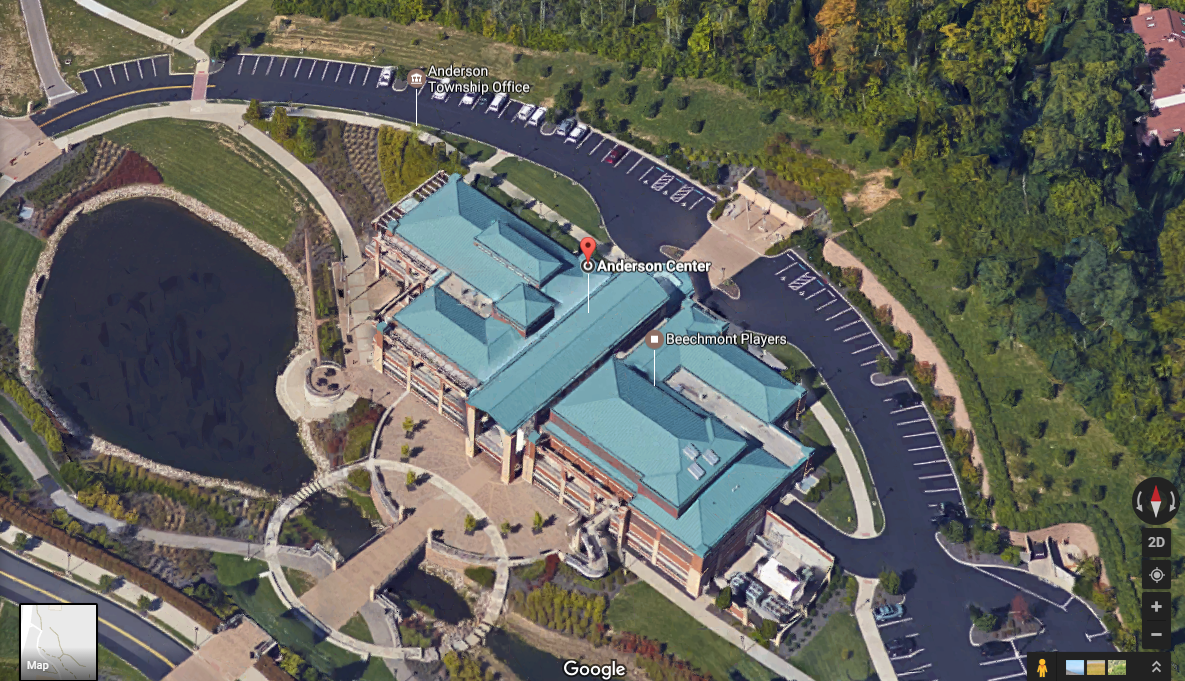
Remember
Joy Harjo, 1951
Remember the sky that you were born under,
know each of the star’s stories.
Remember the moon, know who she is.
Remember the sun’s birth at dawn, that is the
strongest point of time. Remember sundown
and the giving away to night.
Remember your birth, how your mother struggled
to give you form and breath. You are evidence of
her life, and her mother’s, and hers.
Remember your father. He is your life, also.
Remember the earth whose skin you are:
red earth, black earth, yellow earth, white earth
brown earth, we are earth.
Remember the plants, trees, animal life who all have their
tribes, their families, their histories, too. Talk to them,
listen to them. They are alive poems.
Remember the wind. Remember her voice. She knows the
origin of this universe.
Remember you are all people and all people
are you.
Remember you are this universe and this
universe is you.
Remember all is in motion, is growing, is you.
Remember language comes from this.
Remember the dance language is, that life is.
Remember.
As part of National Poetry Month, I have been trying read or post a poem a day. When I encountered this poem, I couldn’t help but think of the works we have read in class this semester: Mother Nature by Emily Dickinson; The Last Man by Mary Shelly; and, Prospero’s Daughter by Elizabeth Nunez. As Joy Harjo has done, Dickinson, Shelly, and Nunez all personify nature in order to raise awareness about or strengthen our connection to the natural world. Nature, in these works, is seen as having both positive as well as less than noble characteristics similar to traits and flaws possessed by humans.
All of these authors have understood that humanity is not only one aspect of nature, but humanity is also dependent on the natural world for survival. Mankind is but one component of the ecosystem—it is not separate from this planet’s ecology. As Mary Shelley expressed, without man, nature will continue; however, without nature, mankind will disappear. Therefore, it is incumbent on us all to protect the very world that has given us a great deal of what may be extremely dear to us: clean air, water, sunshine, nourishment, shelter material, and familial bonds.
In their own way, these women want to remind us how all life that exists emerges from what is in existence and has already existed. Woven through these works, the awe-inspiring aspects of nature are described. Through the characters, the authors show how, first, nature seems to have an innate appeal—serves a primitive need in humans; and, secondly, temperamentally, man and nature mirror each other. All life appears to operate on both a balance and a spectrum. Dickinson introduces us to the unconditionally benign “gentlest mother” Nature. Shelley, on the other hand, begins with an authoritative veil by calling Nature “herself was only his first minister”; however, as the story progresses, Shelley depicts an unleashed, angry, and revengeful Nature who answers to no one. Finally, Nunez depicts a Nature oppressive to some but not to all—where some reject it while others embrace and welcome it as is. In all three works, we glimpse moments where Nature demonstrates its duality as well as our human powerlessness against its ferocity. And, in not so many words, this is what Joy Harjo is expressing in her poem, Remember. For Harjo, hubris has no place in this world as we are all one with nature. Man has the ability to provoke nature, but man cannot control it. Ultimately, man is but a small player in the universe.
“Remember” By Joy Harjo YouTube Video
Mother Nature by Emily Dickinson
Nature’s Fury: The Science of Natural Disasters (AMNH)


